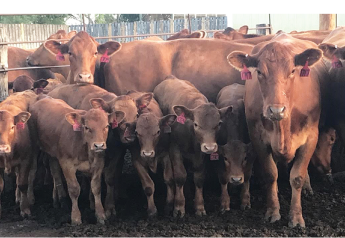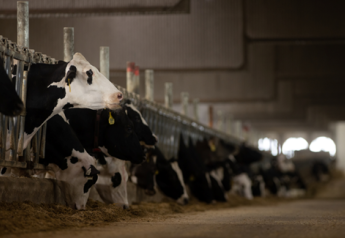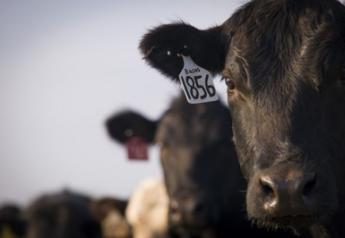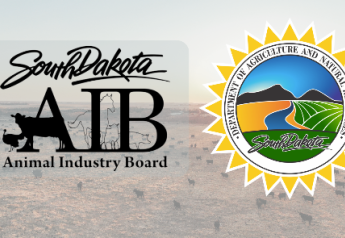Trump Administration to Unveil $15.5 Bln Coronavirus Farm Aid

By P.J. Huffstutter
CHICAGO, April 13 (Reuters) - The U.S. Department of Agriculture will spend up to $15.5 billion in the initial phase of its plan to bolster the nation's food supply chain against the impacts of the coronavirus outbreak, according to three sources familiar with the matter.
The plan, which could be announced this week, marks the Trump administration's first big push to ensure the pandemic doesn't trigger consumer food shortages as meat packers shutter, dairy producers dump milk, and farmers struggle to find workers to harvest, plant and deliver crops.
The initial plan will include direct payments to farmers and ranchers, along with other support measures, using a portion of the $23.5 billion approved by Congress to support agriculture in a coronavirus stimulus bill last month, along with some existing USDA funds, according to the sources.
The USDA will announce the initial plan as early as this week, and is expected to detail later phases of the support program once more money from the stimulus bill becomes available, potentially in July, they said.
"It's not enough to cover all of agriculture, but we see it as a first step," said Andrew Walmsley, director of Congressional relations for the American Farm Bureau Federation, the nation's largest farmer trade group.
"We expect there will be more aid going forward."
Walmsley expected farmers to start receiving checks within weeks. The other two sources asked not to be named.
The USDA declined to comment on the initial phase.
The effort comes as supply chain disruptions caused by the spread of coronavirus make it harder for farmers across the globe to deliver food to consumers.
In the United States, several beef and pork packing plants have shut down as workers fall ill or die from the virus. Smithfield Foods, for example, the world's biggest pork processor, said on Sunday it will shut a U.S. plant indefinitely due to a rash of coronavirus cases among employees and warned the country was moving "perilously close to the edge" in supplies for grocers.
Some dairy farmers have also been dumping milk because of a loss of their regular buyers, and laborers and truckers are in short supply, according to Reuters reporting.
In the coronavirus stimulus bill, dubbed the CARES Act, lawmakers set aside $9.5 billion for USDA to assist livestock producers, along with fruit and vegetable growers and others who sell through farmers markets.
That money is already available to USDA and is expected to be part of the funds tapped in the program to be announced this week, according to Walmsley and the other sources.
The rest is expected to come from some $6 billion currently in the Agriculture Department's Commodity Credit Corp (CCC) funding authority.
The CARES Act also added another $14 billion to the CCC, but those funds won't be available until after June 30, a USDA spokesperson said.
The CCC, set up during the Great Depression nearly a century ago, has been repeatedly tapped by the Trump Administration for tens of billions of dollars to compensate farmers and assist the sector due to the U.S.-China trade wars.







